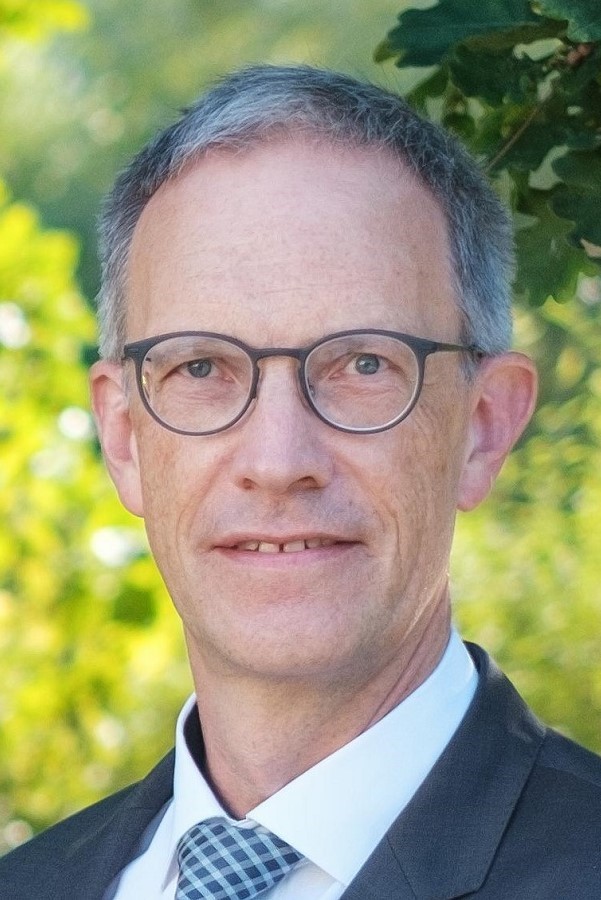Hans-Georg Dederer holds the Chair of Constitutional and Administrative Law, Public International Law, European and International Economic Law at the Law Faculty of the University of Passau.

Professor Hans-Georg Dederer
Universität Passau
Hans-Georg Dederer studied law in Tübingen and Konstanz and received his doctorate in law in Bonn in 1997, followed by the venia legendi (Habilitation) in 2003.
He is the editor and author of numerous books and publications on the law of genetic engineering and biomedicine. Currently, Hans-Georg Dederer coordinates an interdisciplinary research consortium on legal and ethical problems of novel somatic genomic therapies funded by the Federal Ministry of Education and Research and is principal investigator of the legal subproject of a research consortium on interaction of human brain cells funded by the Bavarian Ministry of Science and the Arts.
He is a member of the DFG's (German Research Foundation) Permanent Senate Commission on Genetic Research as well as of the Standing Committee “Life Sciences” of the National Academy of Sciences, Leopoldina.
Further information: ↗ https://www.jura.uni-passau.de/dederer
Discussion of ethical, legal and social aspects
Legal classification
Modern stem cell research is based on embryonic stem cells (ESCs) and induced pluripotent stem cells (iPSCs). It allows groundbreaking insights into human developmental biology and raises the prospect of developing innovative therapies for serious, hitherto incurable diseases.
However, stem cell research and its translation also present ethical questions, which, in turn, the law cannot escape. On the one hand, embryonic stem cells are obtained from human embryos. On the other hand, stem cell research produces entities which give rise to questions as to ethical-legal restrictions which govern, or should govern, their use. Such entities of particular interest to ethics and law include artificial gametes, embryoids and brain organoids.
On the level of statutory law, questions arise in at least two respects, namely, first, the question of whether laws such as the Embryo Protection Act (EPA) are applicable at all (e.g. to artificial gametes and embryoids), and, second, the question of whether laws such as the Stem Cell Act (StCA) unnecessarily inhibit basic research and translation (e.g. with a view to the cut-off date and limitations regarding the origin of ESCs and the purpose of their use). Finally, one may also ask the question of whether, conversely, statutory rules are required in hitherto unregulated areas for ethical as well as legal reasons.
The short talk will take up these questions, elucidate them on the basis of the applicable statutory law and indicate possible solutions. By the same token, the talk will provide an outlook on topics which will be explored, on the basis of theses, in greater depth in the following Workshop 2.
(Translation from German)